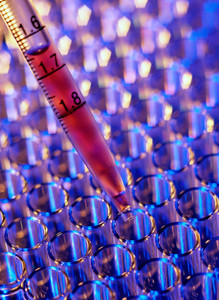New developments in pricing and regulations of drugs in India mean that tensions are likely to mount over the coming months between international pharmaceutical interests and healthcare providers who are trying to improve access to affordable medicines.
The Indian government is backing the provision of affordable drugs and has made public its intention to impose price controls on patented drugs, to make them more affordable for poor patients, according to a recent report. Mr Dilsher Singh Kalha, Secretary of the India Department of Pharmaceuticals has said that ‘a committee has already finalised a proposal and we will put it out in the public domain in a month or so.’ He added ‘there could be a reference pricing system (for patented drugs) or maybe fixed-pricing, but a final decision has not been taken.’
The announcement follows a radical shift in policy in June 2012 to provide free drugs for all through the public healthcare system. Doctors are obliged to prescribe generic medicines only rather than brand-name products, with the majority expected to be chosen from a list of 348 essential medicines, including products for the treatment of HIV/AIDS and ulcers, anti-psychotics, sedatives, anaesthetics, lipid lowering agents, steroids and antiplatelet drugs [1].
At the same time, the Indian generics manufacturing industry is facing increasing pressure from a much anticipated Free Trade Agreement in which the EU is ‘calling for intellectual property rights enforcement that goes well beyond India’s obligations as a member of the World Trade Organization and would make it all but impossible for generic drug manufacturers in the country to continue in their present structure.’
Negotiations on free trade between the EU and India began in 2007 and are expected to conclude at the end of 2012. The negotiations are being held in secret, but campaigners including Oxfam and Médecins Sans Frontières fear that they will result in the enforcement of patents on brand-name products. Until now, international companies have been mostly powerless to prevent India’s thriving pharmaceutical industry from producing cheap generic drug alternatives. With patent protection in place, however, Indian manufacturers may no longer be able to churn out the cheap medications upon which both the domestic and international market in developing countries rely.
Related article
EU-India free trade agreement and impact on generics
Reference
1. GaBI Online - Generics and Biosimilars Initiative. India announces free drugs for all – generics only. [www.gabionline.net]. Mol, Belgium: Pro Pharma Communications International; [cited 2012 Aug 10]. Available from: www.gabionline.net/Policies-Legislation/India-announces-free-drugs-for-all-generics-only
Source: Europa, Guardian, New York Daily News, Pharmaceutical Technology








 0
0











Post your comment